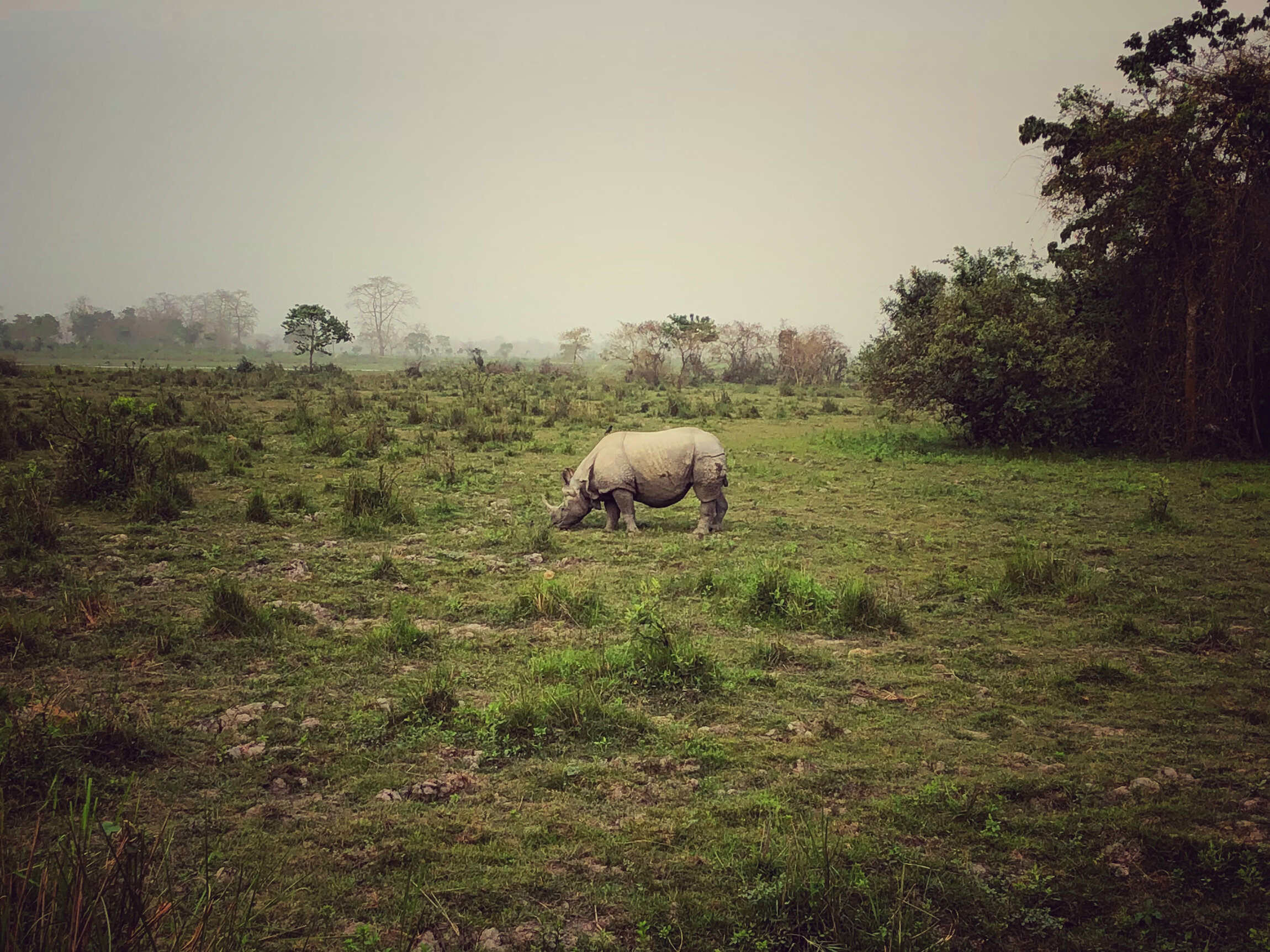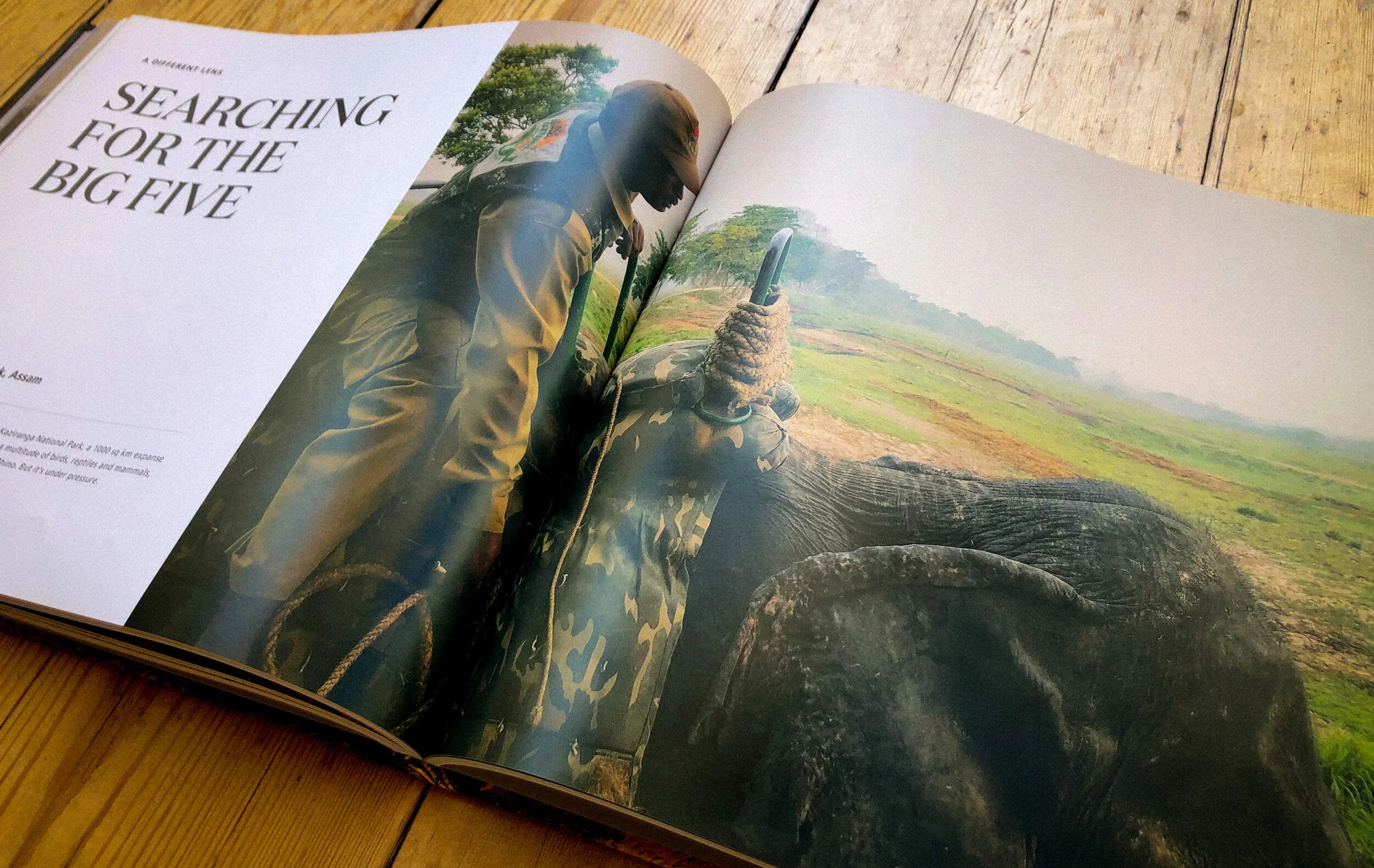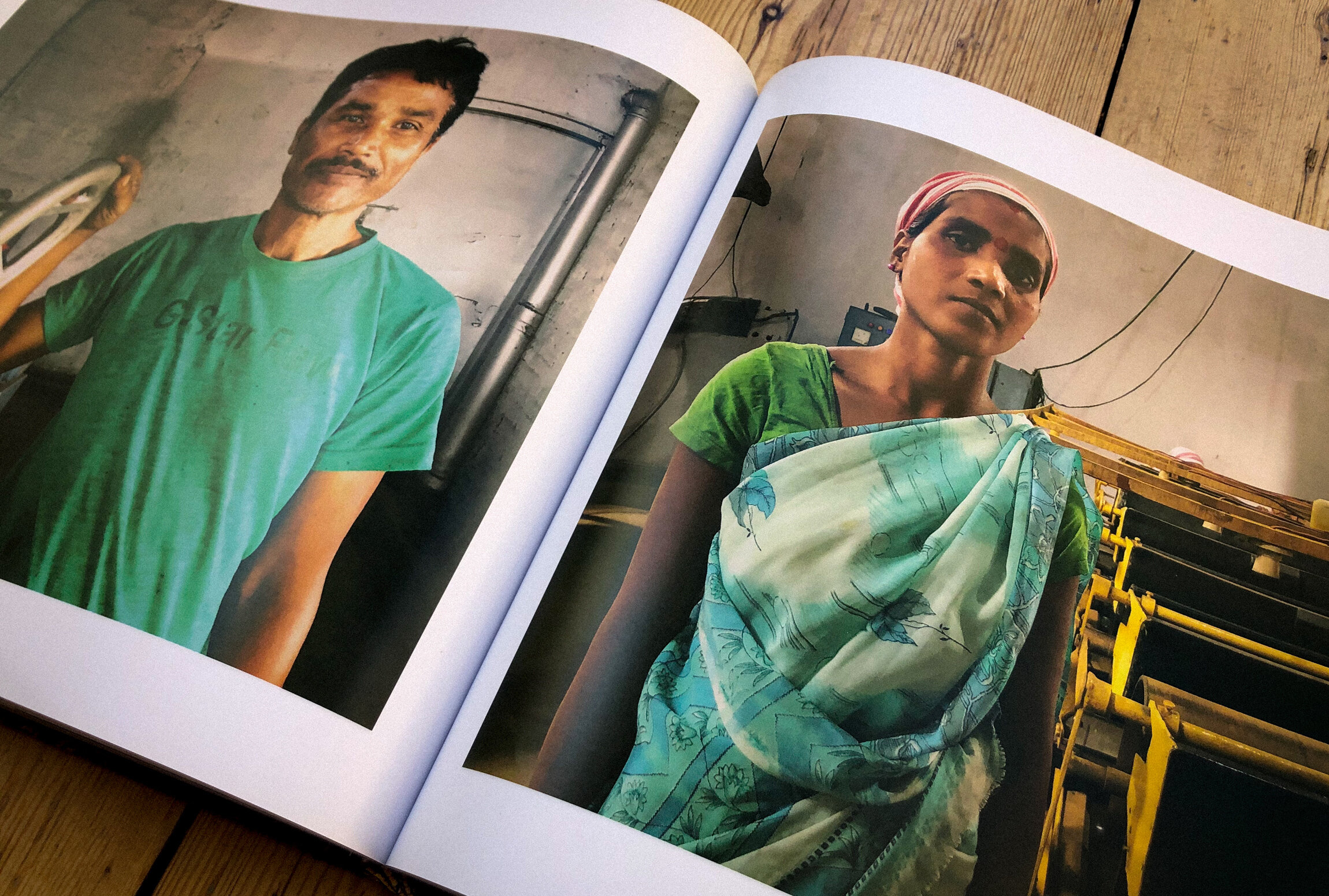
JOURNEYS WITH A SMARTPHONE
Assam
When one thinks of Assam, one thinks of tea. The largest of the 'Seven Sisters' — the states of Northeast India — it's predominantly Hindu, surrounded by its Christian neighbours.


TEA STORY
Storm in a teacup
Think before you Drink
In the UK, our daily cuppa is as ubiquitous as it gets. But the process — from tea garden to teacup — takes patience, know-how, and a good deal of science. However, the backstory is one of human and environmental exploitation that continues today.
Why is it that the tea gardens workers, paid atrociously, fall victim to a myriad of unexplained illnesses and deaths? Literacy has barely improved in over 150 years. Despite a pleasant visit to a tea factory in Dergoan, I needed to get a steer on the facts.
As the British expanded their tea plantations throughout Assam in the mid 19th Century, the colonial planters needed indentured (forced contract) labour. These were mainly tribal and 'backward' castes (Adivasi) brought in from western states. Thousands died.
Today they are one of the most backward and exploited communities in Assam due to decades of continuous profiteering by tea estate management and neglect by the government. The population's literacy rate is one of the lowest in Assam, particularly among girls and women. They are incredibly vulnerable to sexual exploitation and early marriages are prevalent. Alcoholism is rife with mass death rates through illicit hooch, most recently resulting in the death of at least 170 tea workers in 2019.
Almost two centuries of rapacious deforestation, to create enormous swathes of tea monocultures in Assam, has brought the horrific loss of indigenous flora and fauna. Pesticides continue to kill mammals and birds who have ventured out of the nearby Kaziranga National Park searching for food, poisoned by our insatiable consumption of tea.
So. Think before you drink.











